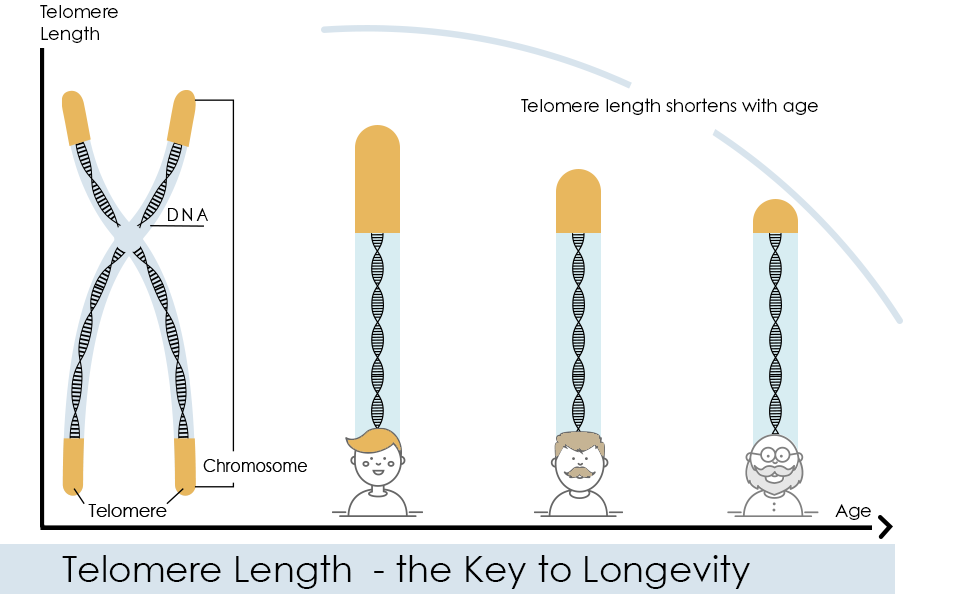HeLa: A Legacy of Scientific Advance and Ethical Dilemma
- Sneha Chhonkar
- Aug 19, 2024
- 2 min read
HeLa cells revolutionized biomedical research, serving a vital role in the development of polio vaccines, cancer treatments, HPV vaccines, and mapping the human genome. But the origin of such an immortalized cell line was a massive violation of a Black woman’s privacy and a historic wrong.

HeLa cells, unlike most of the other cell lines discovered, continue to proliferate in cell culture. They have survived for more than 70 years. HeLa cells revolutionized biomedical research, serving a vital role in the development of polio vaccines, cancer treatments, HPV vaccines, and mapping the human genome. But the origin of such an immortalized cell line was a massive violation of a Black woman’s privacy and a historic wrong.
In January 1951, a 30-year-old Black woman, Henrietta Lacks, was diagnosed with cervical cancer. During her first treatment, the surgeon took a tissue sample from her tumor. He passed this on to the head of tissue culture research at Johns Hopkins, Dr. George Otto Gey who in turn discovered the first immortal cancer cell line. He named it HeLa, giving a nod to the patient the sample was taken from. After the death of Henrietta in the same year, Michael Rogers, a reporter, uncovered the origin of the name HeLa, revealing in Rolling Stone magazine that the cells were from Henrietta Lacks, in 1976. She mentions in her book, titled “The immortal life of Henrietta Lacks”, “Perhaps her most lasting legacy will be to raise awareness of the inequities in health provision and research and lead the way to a fairer, more inclusive healthcare system.”
Henrietta Lacks died unaware that she had unintentionally left behind an extraordinary legacy. It clearly brings notice to the fact that consent and privacy were just not taken as seriously or even thought about at all in that era of research. There are numerous other individuals who have made important contributions to scientific research without personally benefiting from those contributions, particularly those used in research without their knowledge or consent. This also poses a serious case of injustice. Dr. Maranda Ward quotes “The billion-dollar industry tied to the immortal HeLa cell line is yet another example of how the U.S. has exploited and profited off the bodies of Black people.”
Despite the continued proliferation of HeLa cells and their undeniable contributions to research, it is imperative that the modern healthcare system prioritize equity and equality. The exploitation of Henrietta Lacks and countless others underscores the urgent need for greater accountability.
The legacy of HeLa cells must serve as a catalyst for a more just and equitable healthcare system.





Comments